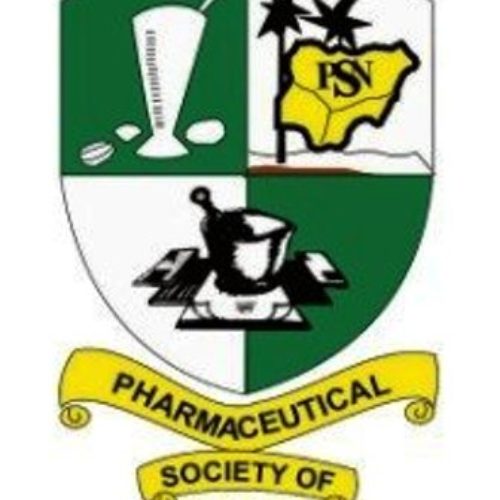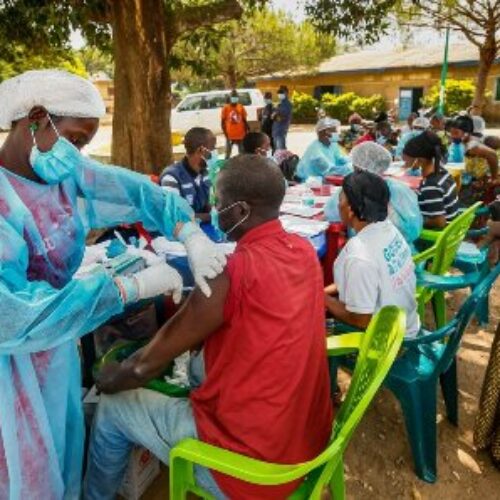UHC Day: CSOs bank on NASS on improved funding for health sector
ABUJA – As the world commemorated the 2017 Universal Health Coverage Day on December 12, civil societies in Nigeria comprising Africa Health Budget Network (AHBN), Community Health and Research Initiative (CHR) and Track Health have expressed hope that the National Assembly would play a better role in increasing funds for the nation’s health sector in 2018.
He said all over the world, civil societies organizations use UHC Day to call on their governments both at national and sub-national levels to step up actions that would provide equitable health care for all without any form of discrimination.
Nuhu said the CSOs “are seriously engaging the National Assembly,” and expressed hope the legislators would make good their pledge.
He called on the Federal Government to rise up to the challenges facing the nation’s health sector. Also, he decried the “poor” budget for the sector by the Federal Government, saying it would not make the nation come near achieving universal health coverage.
“The 2018 budget proposal that was already presented to a joint sitting of the National Assembly, just like 2016 and 2017, provision was not made for the Basic Health Care Provision Fund (BHCPF), being a statutory transfer provided by section 11 of the National Health Act, 2014. We all know that implementation of this act will lead to improved lifesaving investments in the entire Nigeria such as immunization, family planning and primary health care.
“Also in the 2018 budget proposal, the total amount allocated to health is N340,456 billion, out of a total national budget of N8.612 trillion. This sum represents about 3.95 of the total budget. When compared to the 2017 health budget, which was an aggregate sum of N308.464 billion being 4.15% of the 2017 federal budget; the Federal Government commitment to the 2001 Abuja Declaration of allocating at least 15% of total national budget to health is declining rather than improving.
“Many African countries such as Tanzania, Rwanda, Botswana, Malawi, Zambia and Burkina Faso are being celebrated for making their health budget a priority in line with meeting the 15% Abuja Declaration.
“Another problem which needs to be reminded is the recently-released Multiple Indicator Cluster Survey/National Immunization Coverage Survey which reported 33% Immunization coverage among children aged 12-23 months, it is among the lowest in the world.
“This is against the backdrop that “for every $1 invested in immunization in Africa, $41 is gained in economic and social benefits. This means investing in immunization in Nigeria to our teeming children is the answer to national sustainable growth and development.
“As Nigeria enters the “lower middle income country,” it means that it is in transition out of some funding such as from Global Fund, Global Alliance for Vaccine and Low Credit Loans from World Bank. What this means is that Nigeria must increase its domestic spending to health, but the reality is the reverse,” he said.
Similarly, Chairperson, Track Health, Chika Offor, called on the National Assembly to engage the executive arm of government rigorously so that the 2018 health budget goes up to at least 7.5% of the total budget and also make provisions for the one percent of the CRF for the BHCPF to be captured as a statutory transfer.
Offor urged the legislators to strengthen their oversight function to enable Federal Government improve budget performance against the backdrop that 2017 performance of health budget was below 25%.
She also said appealed to the legislators to commence the legislative process to establish the Nigerian Immunization Trust Fund following gradual withdrawal of donors from funding the nation’s immunization programmes.






0 Comments
No Comments Yet!
You can be first to comment this post!